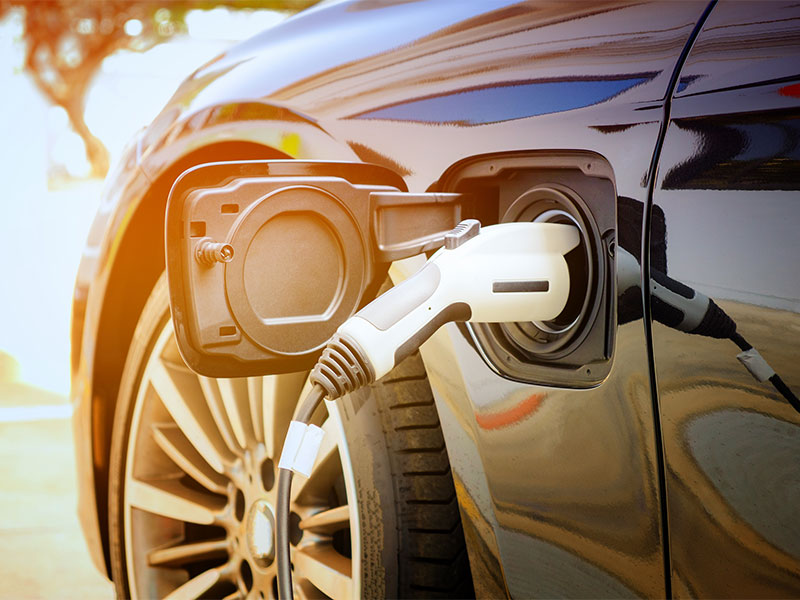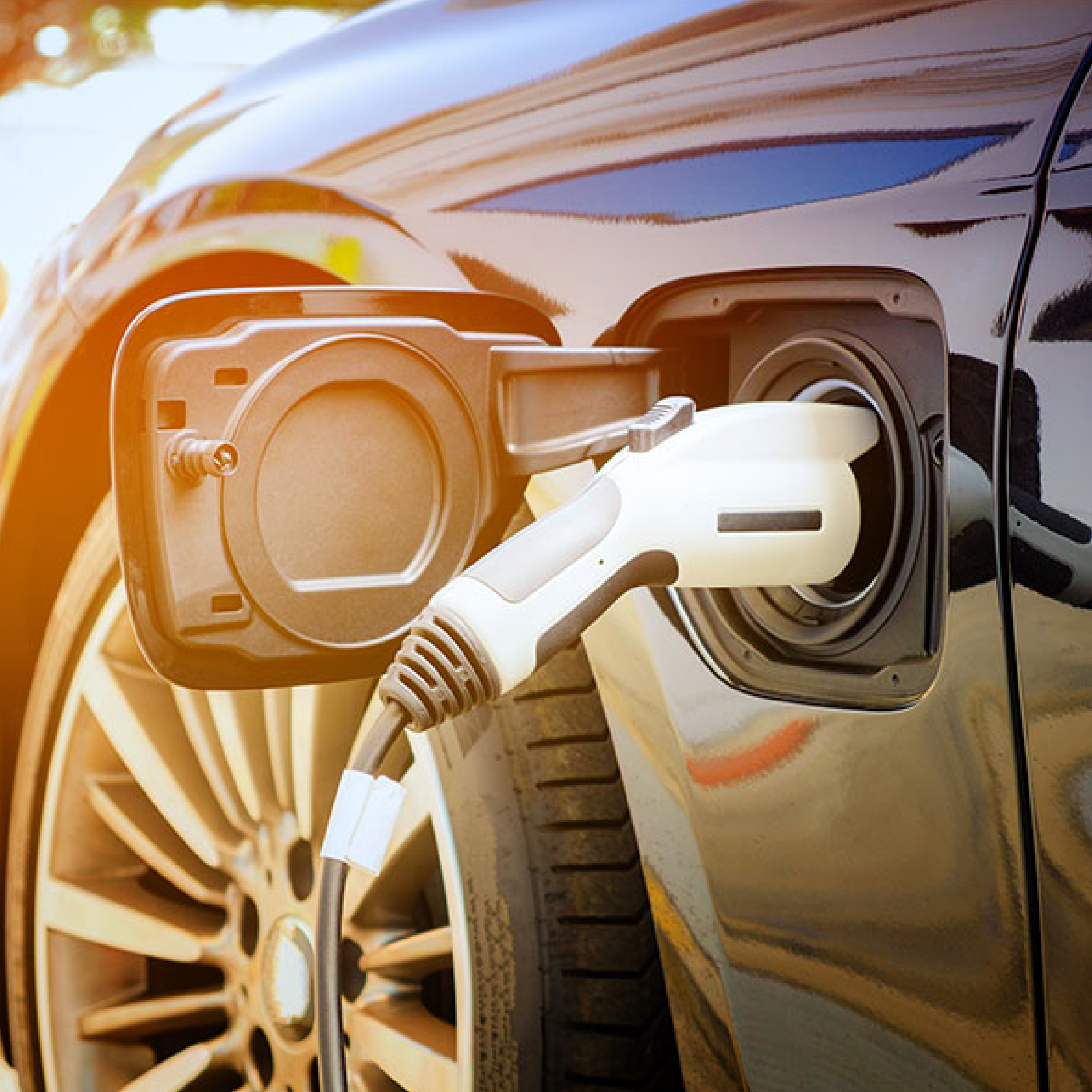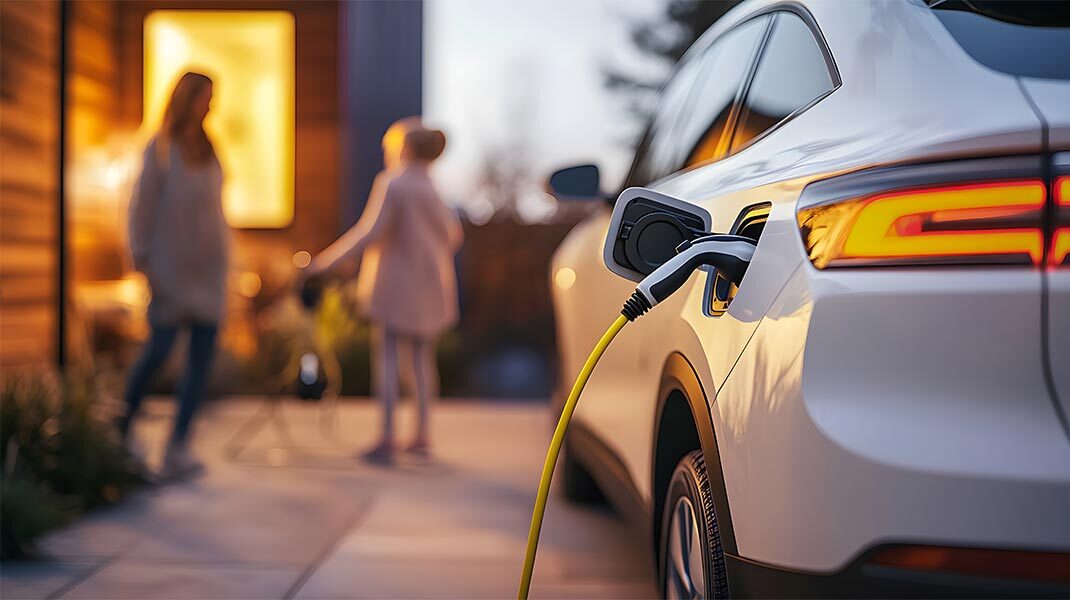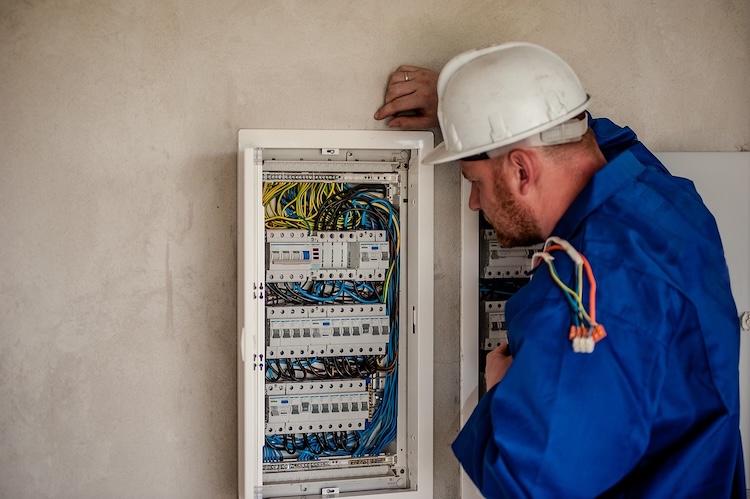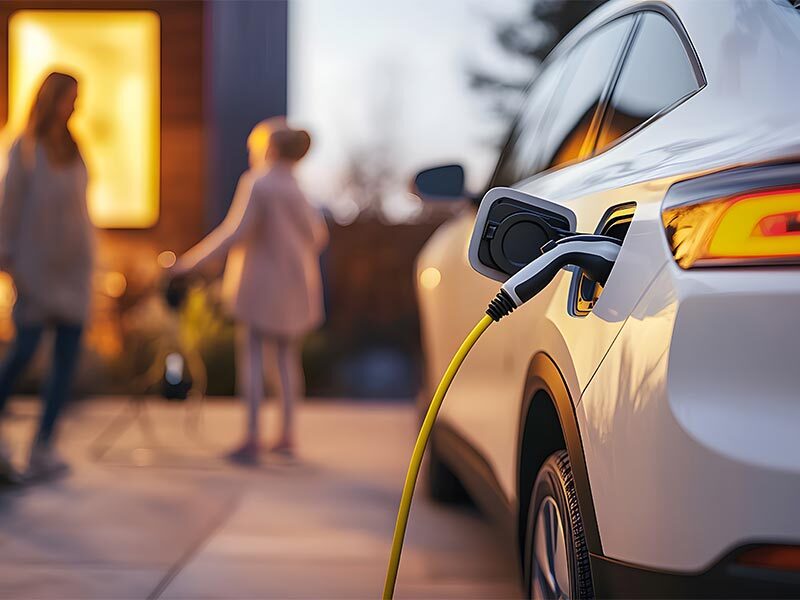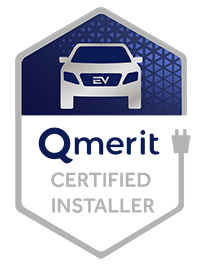EV ownership extends beyond the driveway. A home EV charging station operates as critical infrastructure, not a plug-and-play accessory. Without proper home EV charging station maintenance, performance can quietly decline while energy efficiency slips away. Routine upkeep protects internal components, prevents overheating, and ensures consistent power delivery. Drivers who maintain their stations reduce long-term costs…
Posts Tagged:Home EV Chargers
Everyone talks about the convenience of having an EV charger at home—but not one mentions the real headache that comes with improper installation. The truth is, getting the setup wrong is easy—whether you’re dealing with incompatible electrical systems, improper wiring, or faulty equipment. But it doesn’t have to be that way. By paying attention to…
Not all electric vehicle owners need to upgrade their charging stations. In fact, the right EV home setup could have you up and running in less time than you’d expect, without the extra cost. Many new EV buyers assume they need the most advanced, high-speed charging equipment. But often, with a little know-how and the…
Electric vehicles (EVs) continue to reshape how people drive, fuel up, and think about transportation. As adoption grows across New Jersey, more homeowners are looking for ways to streamline daily charging while lowering long-term costs. One of the most practical upgrades? Installing a Level 2 EV charging station at home. This residential improvement goes far…
So, you made the switch to electric; definitely a great move. You’re spending less time at the pump, reducing your carbon footprint, and keeping things quiet on the road. But the next step is just as important: installing a reliable EV charger at home. In 2025, the market is crowded with options, each with different…
As electric vehicles (EVs) continue to reshape how we think about transportation, one of the most important decisions every EV owner must make involves where to charge their vehicle. While public charging stations offer quick access on-the-go, many drivers now realize that home charging can be far more cost-effective and reliable over time. At All…
So, you bought an electric vehicle. Congratulations—you’re saving money, reducing emissions, and skipping gas stations forever. But now comes the real question: how do you charge your car at home without relying on a painfully slow wall outlet? You need a home car charging point—and fast. Whether you live in Union, Montclair, or somewhere in…
As electric vehicles (EVs) continue to gain popularity, the State of New Jersey has taken significant steps to make EV ownership more affordable and accessible. The New Jersey EV rebate program offers financial incentives to New Jersey residents who purchase or lease an electric vehicle and install home charging stations. These rebates not only lower…
Hiring an electrician can feel overwhelming, but choosing the right professional keeps your home or business safe and running smoothly. Electrical work goes beyond fixing wires, supplying power to your lights, appliances, security systems, and EV chargers. A poor installation or faulty repair can lead to expensive damage, safety hazards, or even electrical fires. That’s…
1. Efficiency One of the biggest benefits of the modern electric car is how it uses electricity far more efficiently than regular cars use gasoline. When you charge up the battery on an EV, anywhere from 59-62% of that energy goes directly to moving the wheels of the car. On gasoline-powered cars, only about 17-21%…
